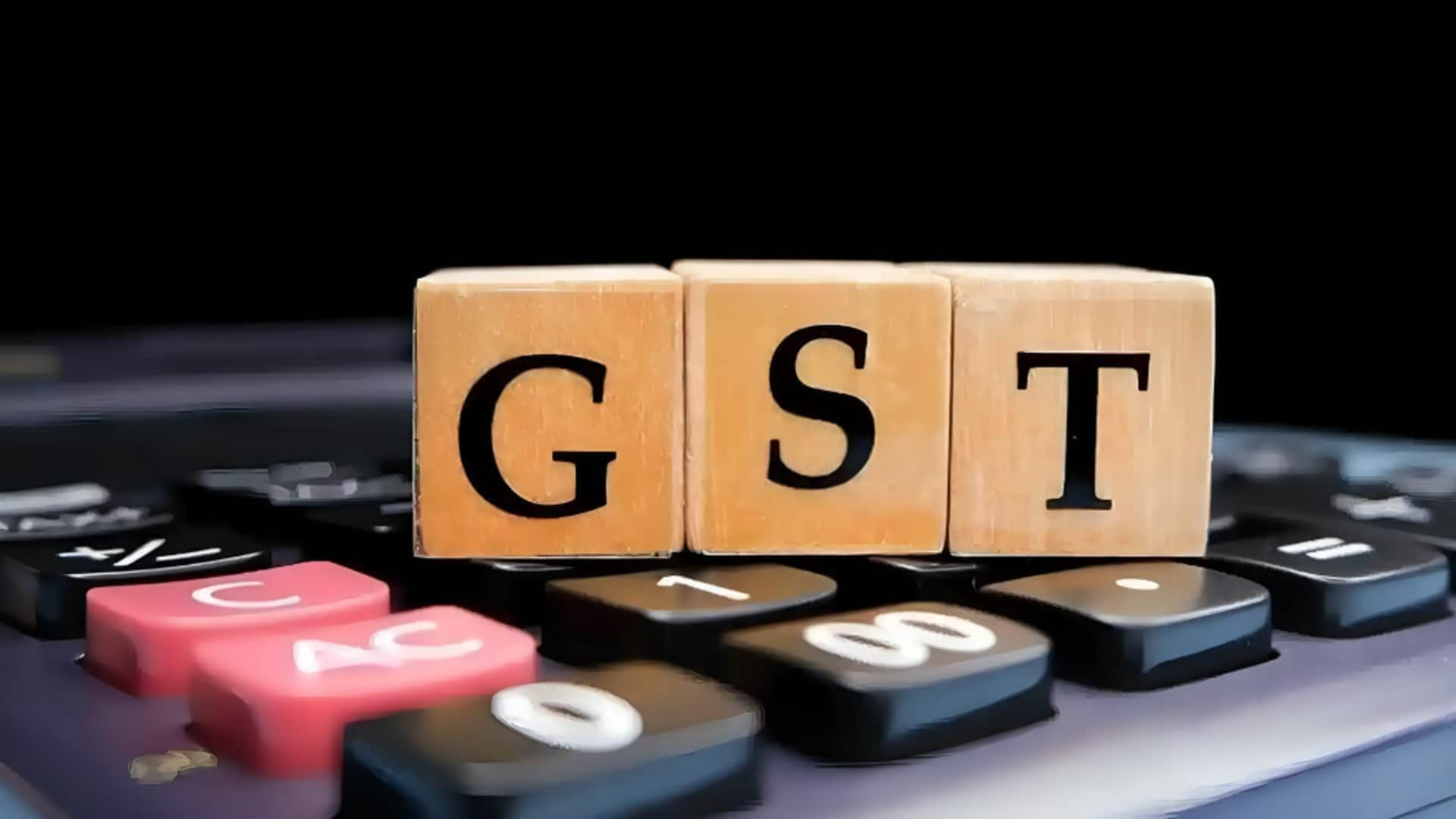
These items face record 40% GST under new reform push
What's the story
The Goods and Services Tax (GST) Council has approved a major increase in tax rates for 'sin goods,' including cigarettes, sugar-sweetened beverages, and luxury cars. The new rate will be 40%, up from the current 28%. The change is part of a larger reform initiative called "GST 2.0," which aims to simplify the tax structure into two main slabs: 5% and 18%, with a higher 40% slab reserved for sin and luxury items.
Tax overhaul
Implementation by September 22
The GST 2.0 reform is expected to be implemented by September 22, 2025. The Council has said that tobacco products will remain at the current GST plus cess rate until the Compensation Cess loans are fully paid off. After that, they will move into the new 40% slab. This change comes as part of a broader effort to discourage consumption of harmful goods while increasing government revenue.
Tax categories
Items under new GST regime
Under the new GST regime, a number of items will be taxed at the highest slab of 40%. These include tobacco products like pan masala, gutkha, cigarettes, chewing tobacco, unmanufactured tobacco and bidi. The transportation sector will also see certain luxury/selected transport-related goods and services move from 28% to 40%. Other high-taxed items include imported/dutiable personal-use articles and other miscellaneous goods.
Sin tax
Petrol cars with more than 1,200cc engine to get costlier
Sugary and flavored drinks (including aerated waters with added sugar) will be placed in the 40% tax bracket. Luxury and premium cars with more than 1,200cc petrol engines and 1,500cc diesel engines will attract 40% GST, up from 28%. Alcohol remains outside GST's ambit and continues to be taxed separately by states through excise duties.
Tax criticism
Concerns over GST rationalization plan
The tax hike is likely to draw sharp reactions from industry associations and analysts. In December last year, when a 35% rate was proposed, the Swadeshi Jagran Manch (SJM) had called it a "bad idea," saying it could lead to smuggling and revenue losses. Other groups like All India Consumer Products Distributors Federation (AICPDF) and Indian Sellers Collective also expressed concerns over GST rationalization plan.